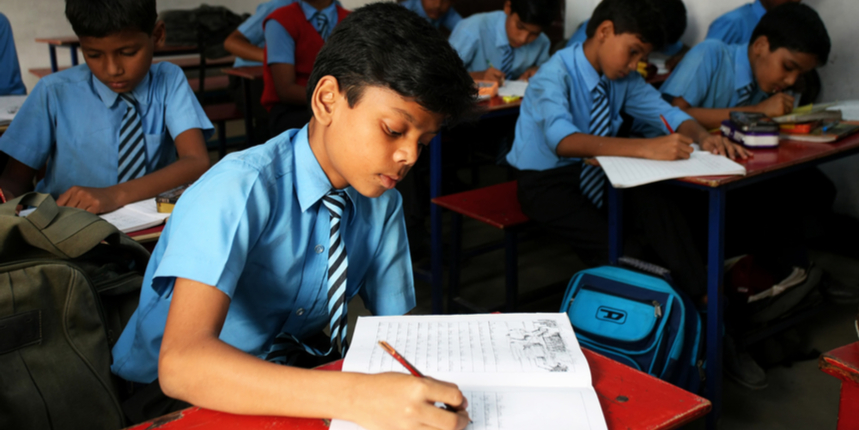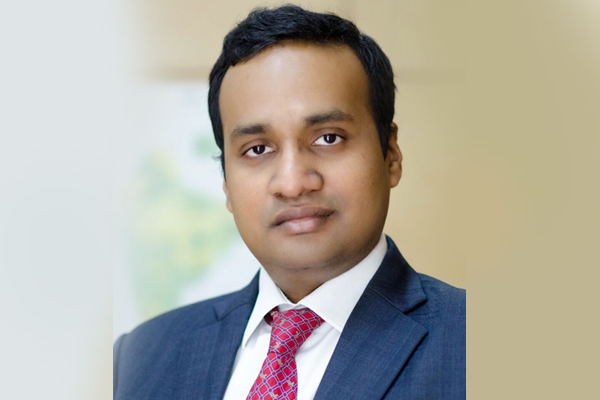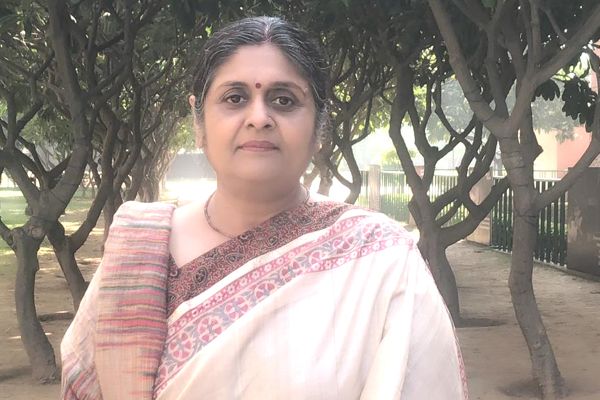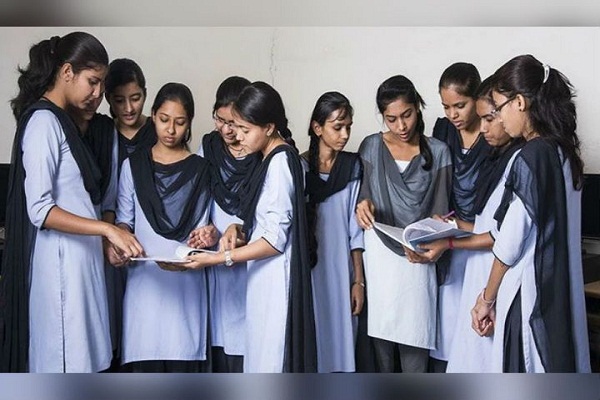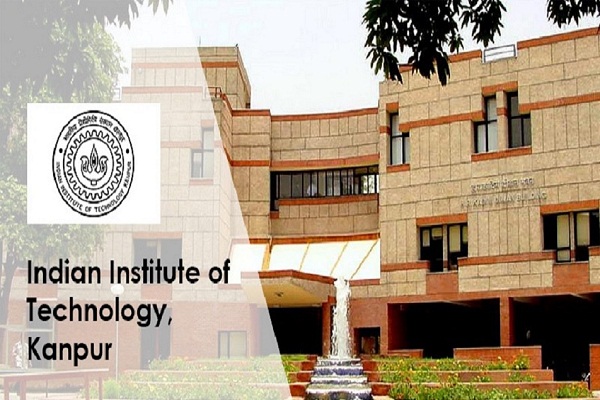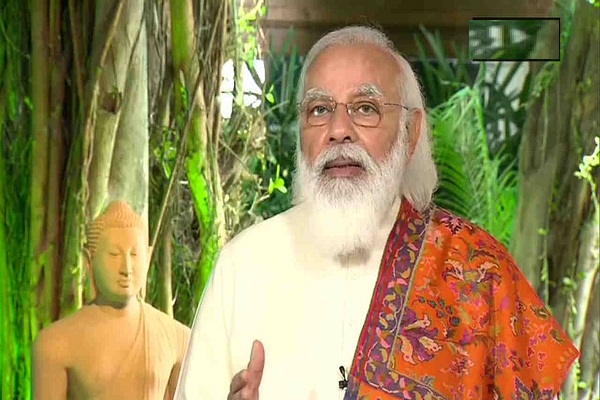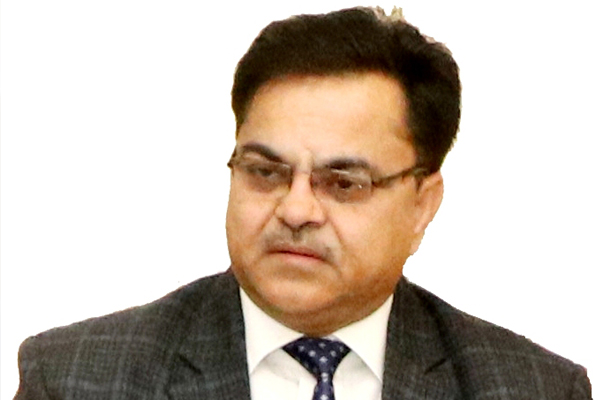We directed all our teachers in government colleges to get their lectures recorded and stored in electronic mode says Sandesh Nayak, Commissioner, College Education, Government of Rajasthan in an interview with Kartik Sharma of Elets News Network (ENN).
What new you are planning to restore the educational environment in colleges?
Yes, We took the bitter part of Covid-19 into account and started planning alternative strategies, keeping safety and security of our personnel in mind on one side, and academic assistance to students on the other. Of course, it was a giant task but yet by involving collegiate HR we could execute our idea and started focusing on e-content generation. Besides, we also motivated our faculty and staff to help other people in society and the system. The motto behind this initiative was to keep our HR academically engaged to divert them from the furiousness of Corona as well as to create some worth of their time and inputs. I am happy to mention, it has been a successful journey continuing till this date.
How colleges have helped students’ through new initiatives?
Yes, as mentioned earlier, we were ultimately concerned to help our students, bringing them out of the trauma of the Covid-19 and also to filling up the gaps and fears in their studies. We started creating econtents in all subjects, covering the entire syllabi in all streams. We directed all our teachers in Government Colleges to get their lectures recorded and store in electronic mode. These lectures have been uploaded on different YouTube channels.
Also read: Incremental fees to be utilised for institutional development, not for luxuries: Manish Sisodia
This year the Rajasthan government announced a skill oriented programme in the budget 2020-21 with the name Skill Enhancement and Employable Training (SEET),targeting to train 10 thousand collegiate youth with various employable skills. We have signed MoUs with different agencies and organizations for this purpose like IIIT-Kota for MOOC courses, Rajasthan ILD Skill University, Jaipur; Morarka Foundation and MANSA- an NGO for skill enhancement of collegiate youth. Still a few more agencies/ organizations are under process to get associated with us.
We launched games and sports oriented programme “Arjun Drishti” in previous year and organized very first time district, division and state level activities to our collegiate youth. It involved more than a thousand brilliant students who performed extra-ordinarily.
To help meritorious, regular in studies, needy and poor students to make course-books available in colleges at free of cost by establishing “Community Book Bank ‘’ through a mission programme “Donate a Book ‘’ across the state. More than 50 thousand books have been donated so far and more than 16 thousand students have been benefited by these initiatives.
We are very concerned about the safety and security of our students, especially the girls. We started programme “Girls Empowerment and Mentoring (GEM)” this year. We are training our young and dynamic female faculty members as master trainers and through them we are going to organize workshops for girls in colleges, awaking them about various provisions related to their safety and security. Besides, we have established a Girls Mentoring Cell in each Govt. College here in Rajasthan.
For empowering them through learning by doing and various training, we initiated a special programme for girls “Indira Priyadarshini Swarnim Udan Yojna” in 10 Govt. Girls Colleges. Various programmes and activities were organized there in colleges.
To aware the youth about health, our department just started a programme “Rajasthan Healthier Youth and Moral Education (RHYME)” in January 2020 to strengthen the Nirogi Rajasthan Campaign of the state Government.
Quality education is vital for students, what are the initiatives taken to ensure it?
Yes, we are highly concerned about the quality of education in our state. We are working on a 2 tier strategy. The first one is by imparting training to our faculty both on subject basis and also from administrative points of view. We have started a new state level short term programme “Gyan Ganga” to keep our teachers updated in subject knowledge and research in the same field along with training them by strengthening their classroom delivery. This programme we will carry out in all subjects, and are being organized by our own Govt. Colleges in collaboration with our Commissionerate office. We have organized such programmes in Chemistry, Geography and Home Science so far.
We also started a Faculty Development Programme to impart training to our teachers focusing on “How to create quality e-contents?” We organized seven such programmes in association with GAD-TLC, New Delhi, IIIT- Kota and a few more colleges covering almost 600 faculties from our domain.
Secondly, we are focusing on institutional development. Infrastructural development, developing facilities to students, staff and public, starting students’ welfare oriented programmes are our priority, and we have been working in this direction.
Has the state government taken any initiatives out of box to help students?
To help the youth, preparing for various competitive exams, we have started an online programme “Gyan Sudha- Sachcha Sathi” where we are sharing subject based e-lectures related to competitive exams. I am personally looking into this initiative and putting efforts to pop-up it among youth.
With technology the new tool, what are the new steps government is taking?
We have planning to inculcate qualitative efficiency and develop higher qualitative capacity to strengthen their placement. For that, we are welcoming ‘Private Public partnership’ to make abundant opportunities for our collegiate youth.
We have planned to transform our selective Govt. Colleges into ‘Smart Colleges’. We are working on it and soon will execute it.






